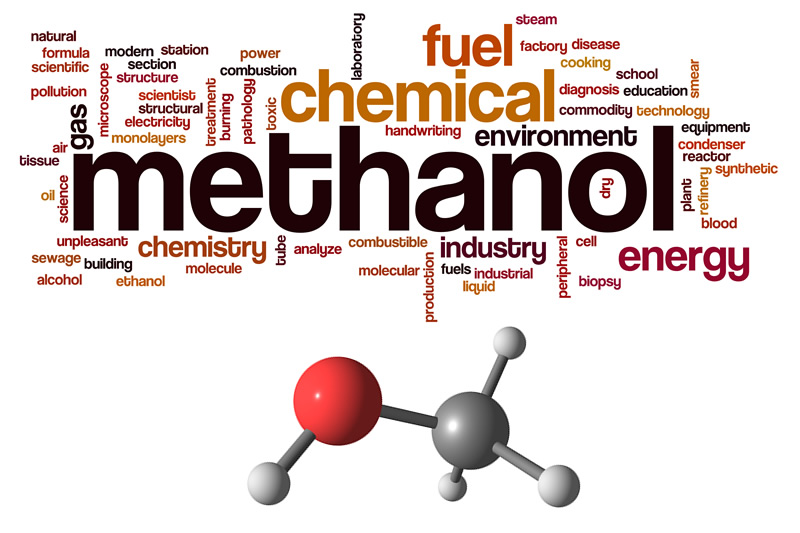Methanol & Ammonia Deemed Ready As Zero-Emission Shipping Fuels
1
Methanol and ammonia have moved from theory to practical application as zero-emission fuels for shipping, according to a new report from the Global Maritime Forum’s Getting to Zero Coalition. The study, From Pilots to Practice: Methanol and Ammonia as Shipping Fuels, draws on insights from around 40 major industry organisations. It concludes that methanol is now ready for low-carbon operation, while ammonia has reached the piloting stage.

The report highlights rapid progress in developing both fuels but warns that technological readiness alone will not deliver the transition at the required pace. Strong policy signals from the International Maritime Organisation (IMO) and national governments remain critical to accelerate adoption.
While not yet widely deployed, methanol and ammonia are expected to play a central role in the sector’s decarbonisation. Because they cannot be seamlessly integrated into existing shipping infrastructure, their uptake requires coordinated investment in new technologies both onshore and at sea. Demonstration projects and pilot programs are therefore essential steps toward establishing reliable supply chains.
Methanol, in particular, has advanced beyond proof of concept and is scaling up: about 60 methanol-capable vessels are currently in service, with more than 300 additional ships on order and nearly 20 ports already offering green methanol bunkering. Still, the report cautions that both fuels must achieve full maturity by around 2030 to meet the industry’s climate goals. Building robust supply chains is the key challenge, expanding the production of green methanol molecules and establishing safe, commercial ammonia bunkering at major ports.
When used as marine fuel, methanol combustion produces carbon dioxide (CO2), water, and energy, along with lower levels of nitrogen oxides (NOX), sulfur oxides (SOX), particulates, and trace formaldehyde compared to heavy fuel oil. The emissions profile depends on several factors:
- Fuel Source: Green methanol, produced from renewable biomass, can achieve a net-zero lifecycle carbon footprint despite releasing CO2 during combustion.
- Combustion Conditions: Engine load, operating temperature, and the use of pilot fuels can influence emissions of NOX, methane (CH4), and nitrous oxide (N2O).
- Engine Technology: New designs are being developed to optimise combustion and further reduce pollutant output.
Protea have a range of technologies working within the marine and shipping sectors. More information can be found at https://www.protea.ltd.uk/marine.
#Protea #Emissions #Monitoring #CEMS #FTIR #Gas #Analysers #Shipping #Marine #Carbon #Capture
Other Articles
The EU Emissions Trading System ETS In A Nutshell
02
Rising Carbon Costs Drive The Need For Accurate Emissions Management In European Shipping
26
Carbon Capture Utilisation & Storage (CCUS) In 2026
16
Global Underground CO2 Storage Data Offers Hope Amid Rising Emissions
01
IMO Postpones Adoption Of Global Net-Zero Shipping Framework
04
Pioneering Carbon Capture Projects Ready For Construction
03
Carbon Capture Storage Reaching A Turning Point In Decarbonisation
13
CCS To Capture 15% Of Shipboard Carbon Emissions By 2050
29
Global Shipping Industry Struggles To Navigate Net Zero Transition
21